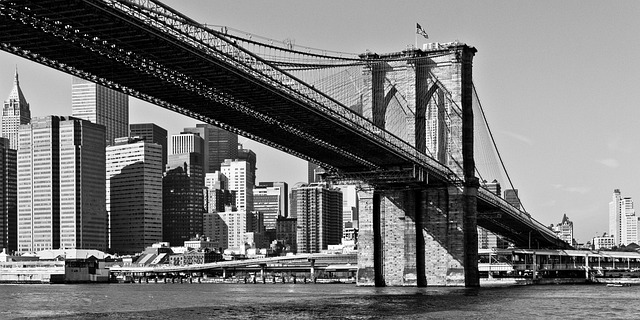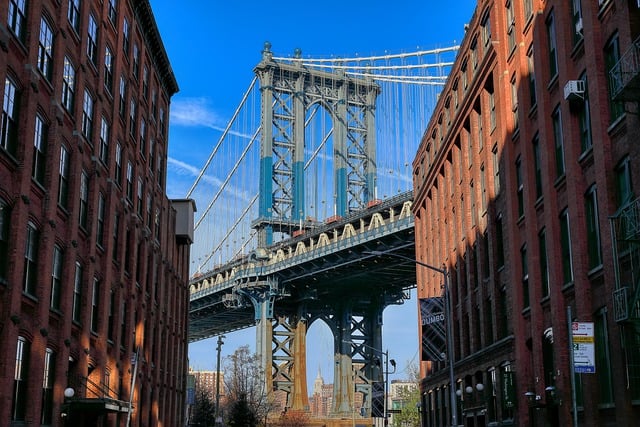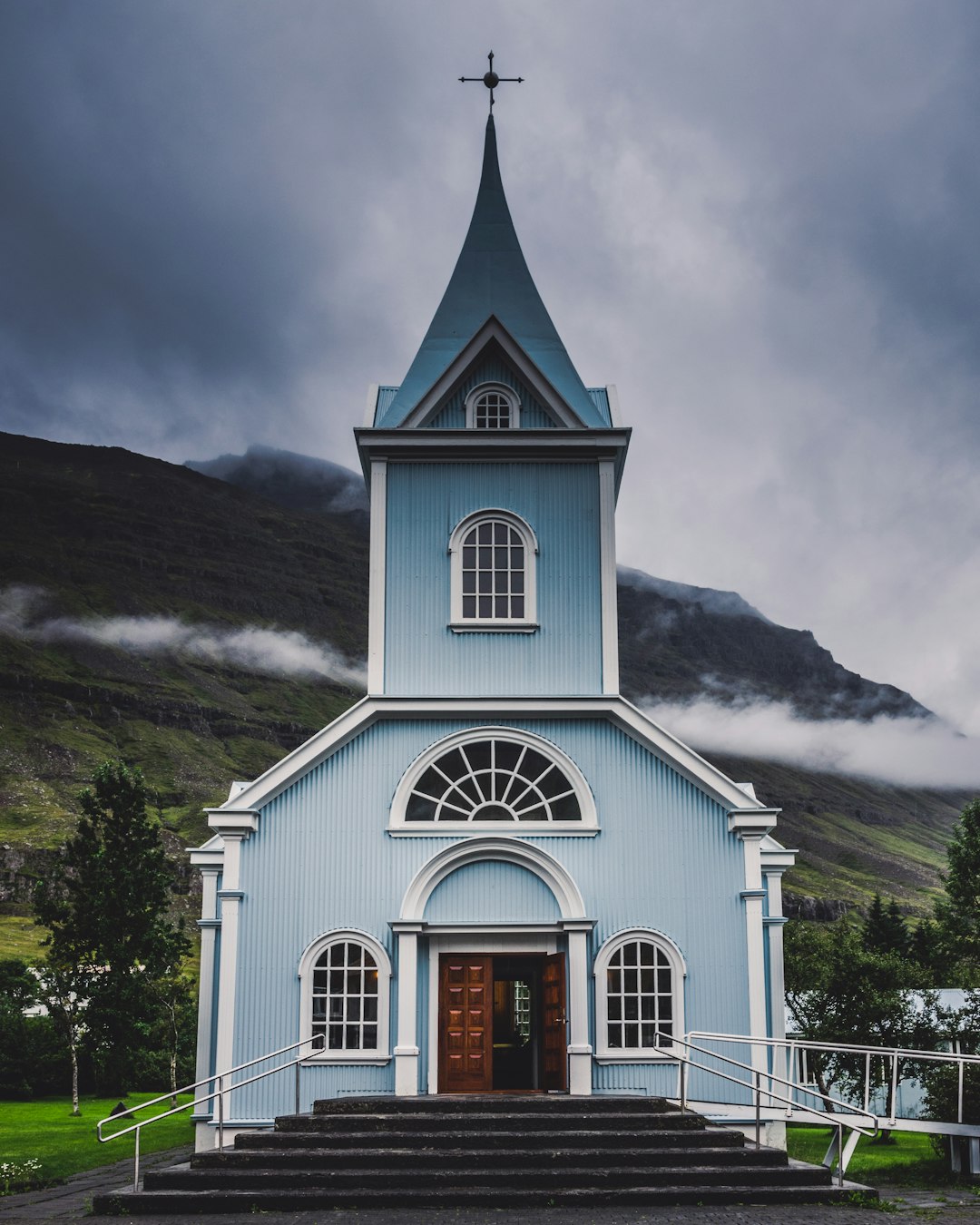In New York, clergy abuse is a growing concern, with victims finding support through specialized attorneys who navigate legal complexities and advocate for justice and accountability. Recent laws like Article 65-b facilitate redress for survivors, while these attorneys guide them through the process, ensuring institutional liability and providing crucial support for healing and closure.
In New York, the sensitive issue of clergy abuse has come into sharp focus, prompting discussions on institutional liability. The state’s laws are evolving to provide a pathway for survivors to seek justice against religious institutions that fail to protect them from abusive clergy. This article explores the legal landscape, offering insights into New York’s institutional liability laws and guiding survivors on steps to navigate justice with the help of dedicated clergy abuse attorneys in their pursuit for accountability and healing.
Understanding Clergy Abuse: A Sensitivite Issue in New York
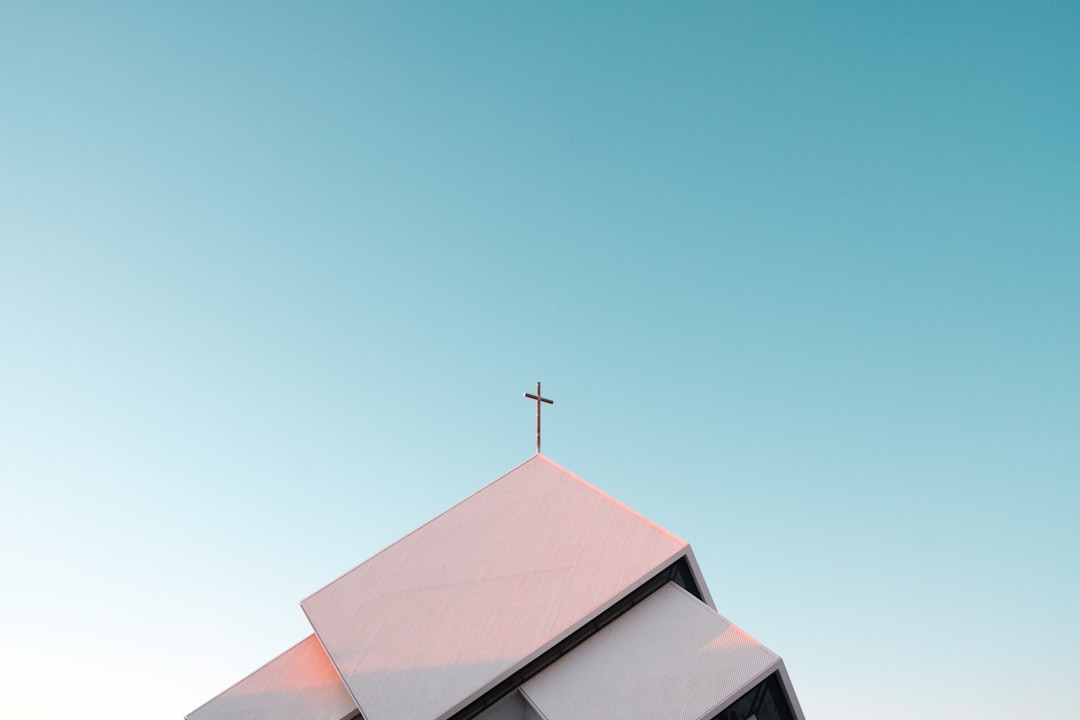
In New York, clergy abuse is a sensitive and critical issue that has garnered significant attention in recent years. Many victims have come forward to share their stories of exploitation and mistreatment by religious leaders, highlighting the need for institutional accountability. Clergy abuse can take various forms, including sexual misconduct, emotional manipulation, and physical abuse, often occurring within the confines of sacred spaces. As such, it’s essential to approach this subject with empathy and understanding, recognizing the profound impact on individuals and communities alike.
New York clergy abuse attorneys play a vital role in advocating for victims’ rights and holding institutions responsible. These legal professionals are equipped to navigate complex laws and help survivors seek justice. By understanding the nuances of clergy abuse cases, they can provide specialized guidance and representation, ensuring that victims receive the support and compensation they deserve. This is particularly important given the sensitive nature of these matters and the potential for institutional resistance to change.
The Legal Landscape: New York's Institutional Liability Laws

In New York, the legal landscape regarding institutional liability for clergy abuse has evolved significantly in recent years. The state has enacted laws that hold institutions accountable for failing to protect individuals from sexual abuse committed by clergy members. These laws have been crucial in providing justice and compensation to survivors of clerical abuse. Key statutes, such as Article 65-b of the Civil Practice Law and Rules, establish a presumption of negligence against religious corporations and organizations when children are harmed by their employees or agents, including clergy.
New York’s institutional liability laws offer hope for victims of clergy abuse who may have been let down by their communities in the past. A clergy abuse attorney in New York can guide survivors through this complex legal process, ensuring they receive the justice and redress they deserve. These laws not only provide a means of accountability but also serve as a powerful deterrent, encouraging institutions to implement robust safety measures and policies to protect vulnerable individuals.
How Clergy Abuse Attorneys Can Help Survivors in NY
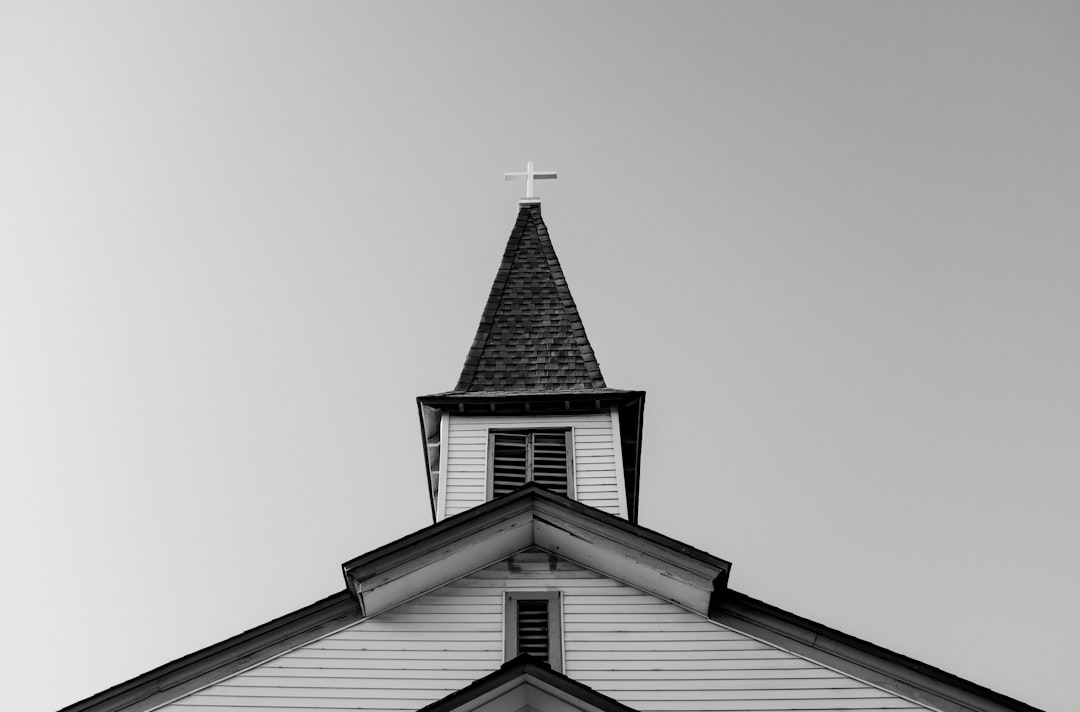
Surviving sexual or emotional abuse at the hands of a trusted spiritual leader can be an incredibly traumatic experience, and many victims struggle to find justice and healing. This is where a clergy abuse attorney in New York steps in as a beacon of support for survivors. These legal professionals are dedicated to advocating for individuals who have been abused by clergy members within their communities.
A clergy abuse attorney specializing in New York laws can provide invaluable assistance by guiding survivors through the complex legal process. They offer expertise in navigating institutional liability, ensuring that responsible parties are held accountable. Through careful documentation and evidence collection, these attorneys help build strong cases, ultimately aiming to secure justice, compensation, and a sense of closure for their clients. Their support is crucial in helping survivors take back control and find peace after the abuse.
Navigating Justice: Steps After Reporting Clerical Abuse in New York
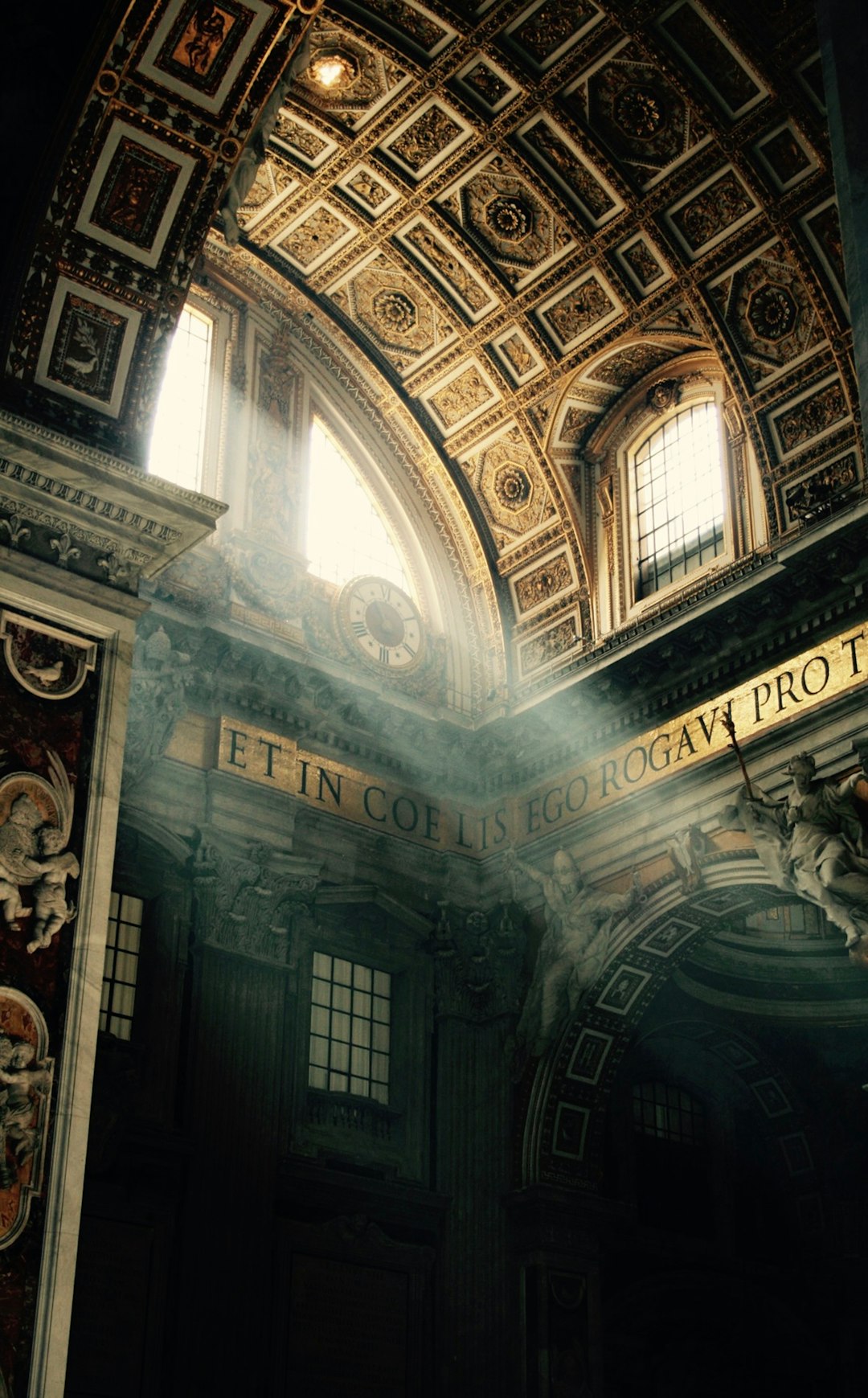
Navigating Justice: Steps After Reporting Clerical Abuse in New York
If you’ve experienced clerical abuse, taking action to seek justice is crucial. The first step is to gather all relevant information and evidence, including documentation of the incidents, dates, and any witnesses. Contacting a clergy abuse attorney in New York is essential; they can guide you through the legal process and help ensure your rights are protected.
Next, report the abuse to the appropriate authorities, such as local law enforcement or child protective services, depending on the nature of the abuse. In New York, there are specific laws in place to hold institutions accountable for clergy abuse, so having a qualified attorney by your side can be invaluable. They will assist you in understanding your options, whether it’s pursuing civil litigation against the responsible parties or reporting to relevant religious authorities for disciplinary action.

